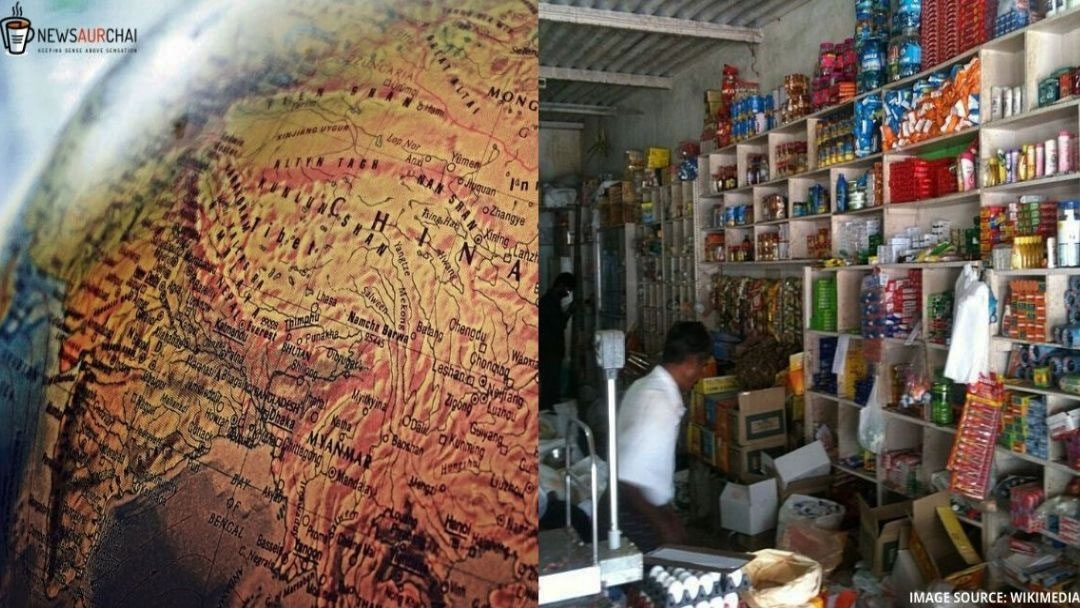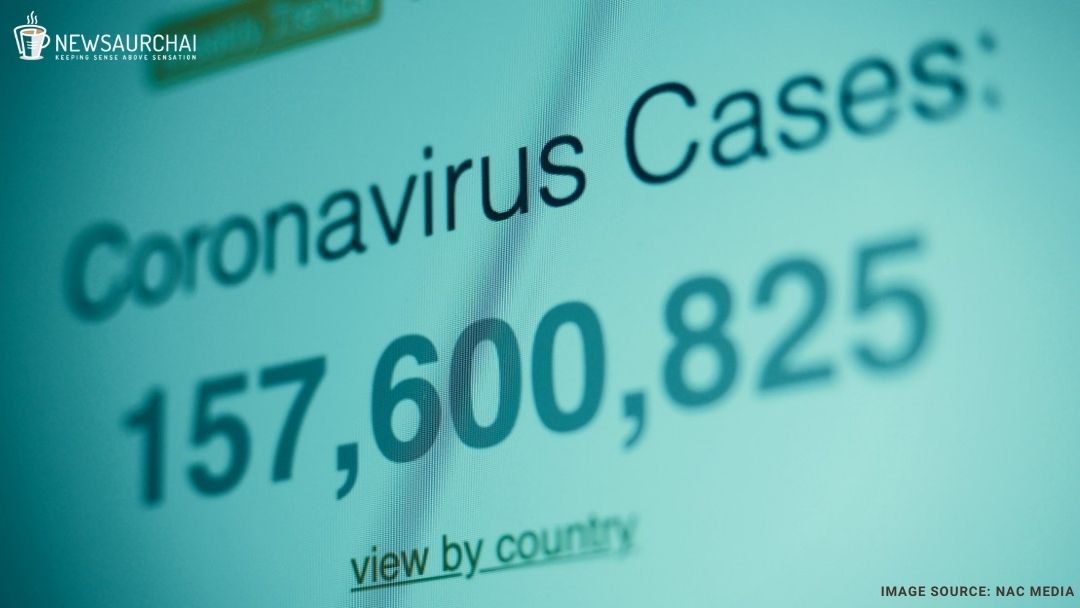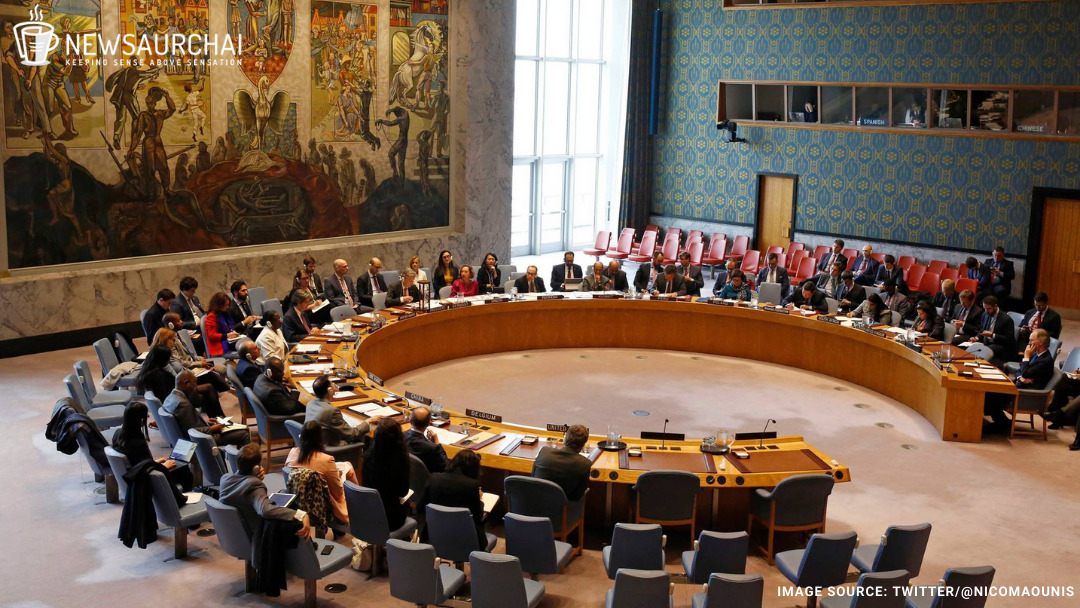
There is an old saying that – When America sneezes, the world catches a cold. Its logic is simple; as the largest and most complex economy in the world, every other economy is very much weaved with the United States that they couldn’t avoid the fallout from an economic calamity within its borders.
However, what happens when China catches a cold? Or relating to the current situation, when a rapidly spreading and highly fatal disease catches China?
The coronavirus has the potential to make a disastrous effect on the economy at a global level. With it growing to be the fastest spreading global pandemic, its economic ramifications can cause a recession in China, World Bank data suggests. This may lead to a domino effect, which results in a global slowdown- an uncalled for a downturn in other countries as well.
What is a Recession?
The Great Recession was a period of marked general decline observed in national economies globally during the late 2000s and early 2010s. The scale and timing of the recession differed from country to country.
The International Monetary Fund (IMF) had concluded that it was the most stringent economic and financial meltdown since the Great Depression (the 1930s) and it is often regarded as the second-worst downturn of all time. This may be triggered by several events, such as a financial crisis, an external trade shock, a pandemic, or the bursting of an economic bubble.
How does it affect us?
America’s economy is intertwined with China, and an economic trauma in one nation will harm the other. With the crisis continuing to worsen, a global recession is a real possibility.
The IMF Chief Kristalina Georgieva has called on advanced economies to provide more support to low-income countries. Although many officials agreed that addressing the needs of public health was the priority with regards to the pandemic, governments should also be preparing to spend a significant amount of money on protecting business and households.
China’s economy accounts for a tremendous 16 per cent of the global economy. So when an outbreak as massive as this starts, it brings the entire world to a ‘sudden stop’ causing a standstill of the economies.
The world’s economies are facing “severe” economic damage from the coronavirus pandemic that could be even more harmful than of 2009 and will require an unprecedented response. Georgieva said the IMF stands “ready to deploy all our $1 trillion lending capacity.”
As many of the world nations have implemented lockdowns, travel bans and also mass shutdowns, Georgieva warned finance ministers from the Group of 20 countries that the outlook for 2020 “is negative — a recession at least as bad as during the global financial crisis or worse.”
The global economy shrunk by 0.6 per cent in 2009 as a result of the 2008 global financial crisis. However, major emerging markets like India at the time were growing at a rapid rate.
India’s Condition
As on March 10, the United Nations Conference on Trade and Development (UNCTAD) stated that global growth is already low at 2.9 per cent, could drop below 2 per cent this year as the aftermath of the outbreak.
As cases continue to rise in India, corporates across India have implemented work-from-home. The RBI governor raised a warning that a second round of the pandemic could lead to a slowdown in domestic economic growth.
A nationwide lockdown was announced after a testing lockdown– ‘Janta Curfew’– on March 22, Prime Minister, Modi goes ahead with a three-week lockdown starting from March 25. “If we don’t implement this 21-day lockdown, India’s growth could be set back 21 years,” the PM warns in his address to the nation. Businesses can only brace for future impact.
The coronavirus pandemic is causing worldwide economic and human destruction, and some forecasters now say the downturn could be 1.5 per cent.
“The human costs of the coronavirus pandemic are already immeasurable, and all countries need to work together to protect people and limit the economic damage,” Georgieva said.
Emerging markets and low-income countries “face the significant challenge” and may need additional financial support and even debt relief. Nearly 80 countries have already requested emergency aid from the IMF to deal with the virus outbreak, Georgieva said in her telecasted press briefing.






One Comment